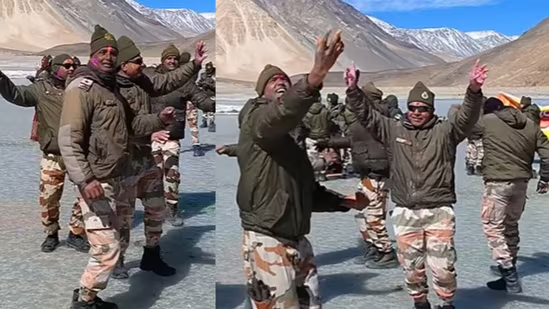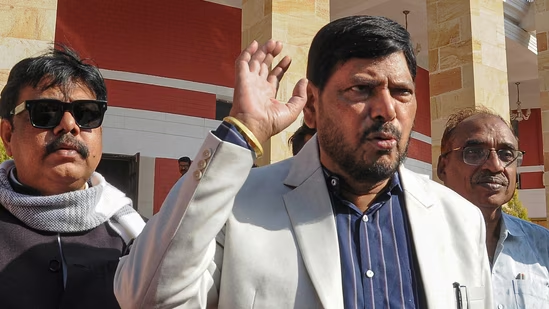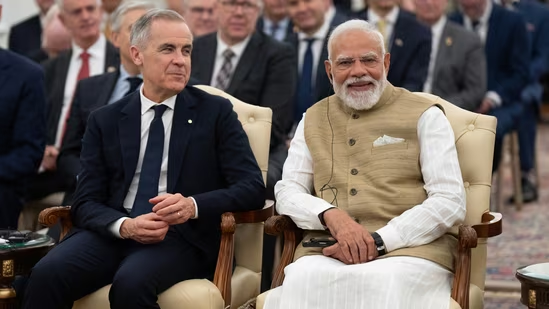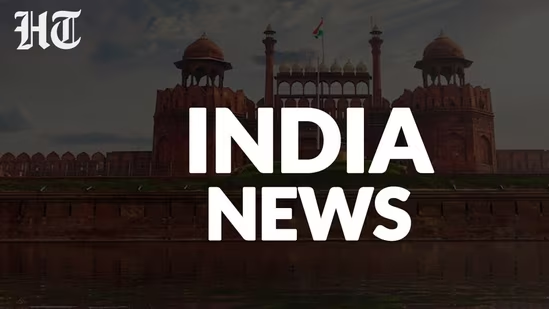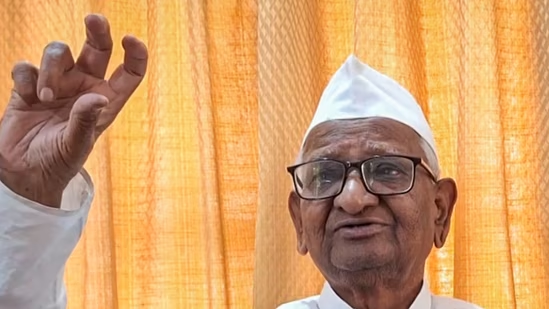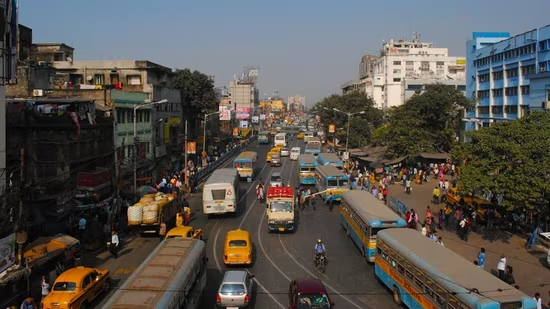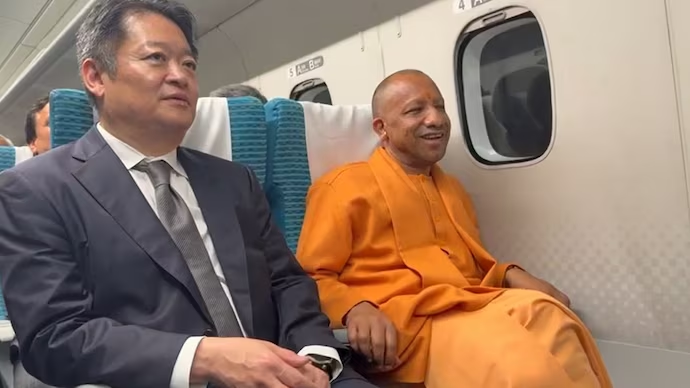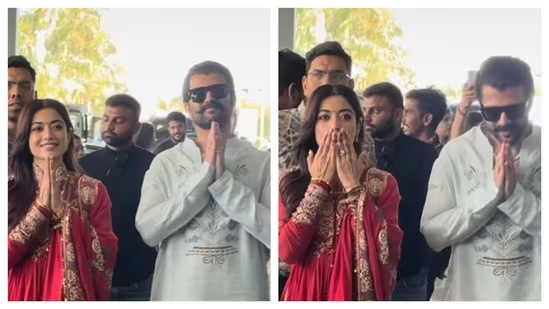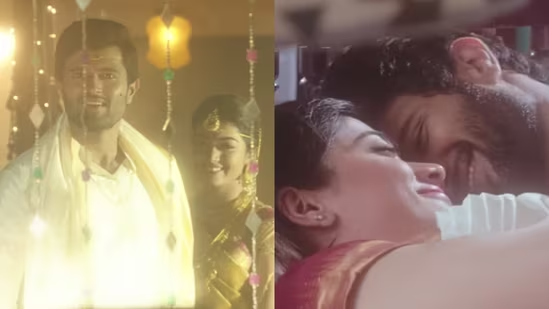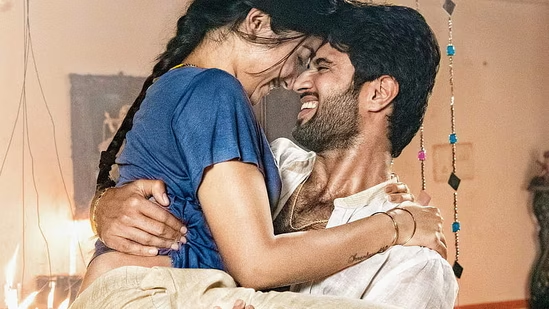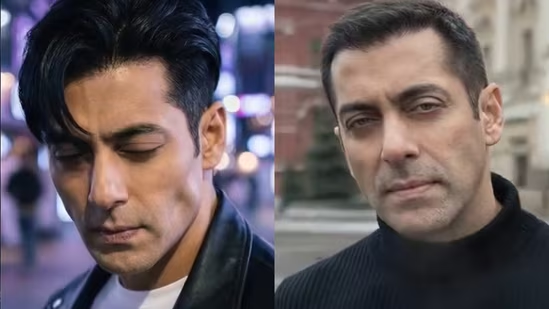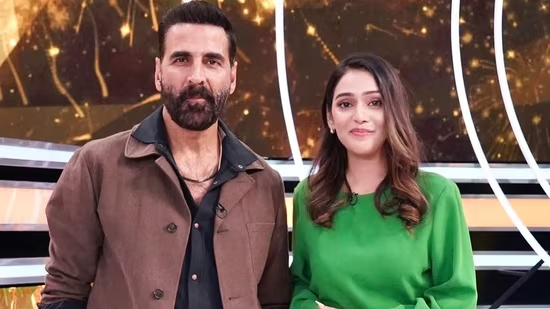The recent electoral performance of the Bharatiya Janata Party (BJP), falling short of the 272-seat majority in the Indian Parliament, has brought the National Democratic Alliance (NDA) back into prominence. This shift echoes the earlier NDA era under Atal Bihari Vajpayee, who became Prime Minister in 1998 and established a government marked by a strong BJP influence and its Hindutva agenda.
The Vajpayee Era: Early Hindutva Influences
During Vajpayee’s tenure, the NDA government initiated several actions reflective of the BJP’s Hindutva ideology. Notable among these were the establishment of the Venkatchaliah Commission to review the constitution and the’saffronization” of educational content. This period saw the introduction of astrology and Paurohitya (rituals) courses into the academic curriculum, symbolising the integration of Hindu nationalist principles into state policy.
Modi’s dominance and the aggressive Hindutva agenda
In contrast, the NDA’s subsequent leader, Narendra Modi, came to power with a significantly stronger mandate in both 2014 and 2019. With the BJP holding an overwhelming majority, Modi’s government pursued a more assertive Hindu nationalist agenda. Key actions included the construction of the Ram Temple and the abrogation of Article 370 in Jammu and Kashmir, stripping the region of its special status.
During this period, violent acts by so-called “fringe elements” targeting Muslims and Dalits became alarmingly frequent. Under the pretext of protecting cows and combating “love jihad,” these groups operated with apparent impunity, deepening societal divisions.
Media and Institutional Control
Modi’s administration also exhibited authoritarian tendencies, notably through the subordination of constitutional institutions and the transformation of mainstream media into what critics dub ‘Godi’ media, or media that acts in sycophantic support of the government. This control over information and public discourse significantly altered the political landscape, awakening opposition forces to unite under the banner of the Indian National Developmental Inclusive Alliance (INDIA).
Anti-Muslim rhetoric in elections
Despite the formation of the India alliance, Modi and the BJP continued to centre their election campaigns on anti-Muslim rhetoric. The Congress party’s manifesto was derided as influenced by the Muslim League, and their promises were framed as anti-Hindu and pro-Muslim. Modi’s inflammatory statements, labelling Muslims as infiltrators and accusing Congress of pandering to them, further inflamed communal tensions.
Marginalisation and Disenfranchisement of Muslims
The political marginalisation of Muslims became evident as many were excluded from electoral rolls or turned away from polling stations by police. This systematic disenfranchisement rendered Muslims effectively politically invisible and intensified existing prejudices against them.
The Future of Hindutva Policies
As the BJP failed to achieve its ambitious electoral targets, there was a palpable sense of relief among minority communities. However, Modi’s post-election rhetoric, invoking “sarva dharma sambhav” (equal respect for all religions), was seen as hypocritical given the treatment of minorities over the past decade.
The persistence of anti-Muslim violence and the potential role of NDA allies like Nitish Kumar and Chandrababu Naidu in mitigating these tensions remain uncertain. The entrenched influence of Hindutva ideology and the systemic support for fringe elements pose significant challenges to any efforts to curb such violence.
Potential policy shifts
Looking ahead, the fate of several contentious policies remains in question. The proposed Uniform Civil Code, a cornerstone of Hindutva politics, may be deferred, while the Citizenship Amendment Act, which discriminates against Muslims, remains a contentious issue. The BJP’s stance on the caste census, an initiative supported by Nitish Kumar, may also face reevaluation given its widespread national support.
Social and economic implications for Muslims
The pervasive anti-Muslim sentiment fostered by the BJP and its ideological parent, the Rashtriya Swayamsevak Sangh (RSS), has deeply influenced societal attitudes. This animosity is perpetuated through educational reforms, media narratives, and grassroots mobilisation by the RSS, whose membership and activities have expanded significantly under Modi’s rule.
The Broader Impact on Christians
While the BJP has made inroads with some Christian communities, particularly in Kerala, Christians nationally remain targets of Hindu nationalist aggression. Attacks on Christian prayer meetings and other forms of religious persecution have increased, highlighting the broader implications of Hindutva politics for religious minorities.
The Long Road to Social Harmony
The continued marginalisation of Muslims and the entrenchment of communal hatred pose profound challenges for India’s social cohesion. The deep-rooted prejudices fostered by the RSS and BJP require concerted efforts to dismantle them. Reflecting on historical warnings, such as those from Sardar Vallabhbhai Patel about the communal poison spread by the RSS, underscores the need for a renewed commitment to the inclusive vision of India’s freedom fighters. Only by addressing these deep-seated issues can India move towards realising the dreams of its founders and ensuring justice and equality for all its citizens.







